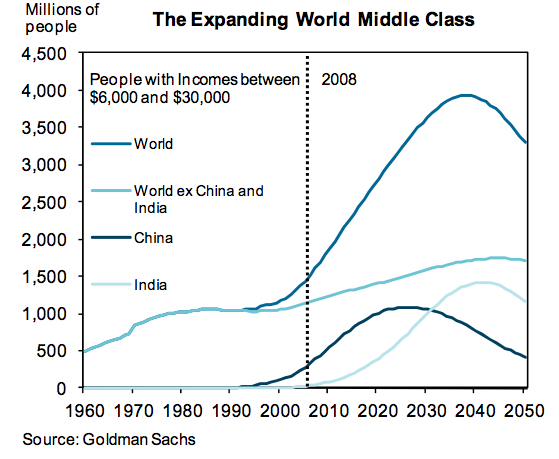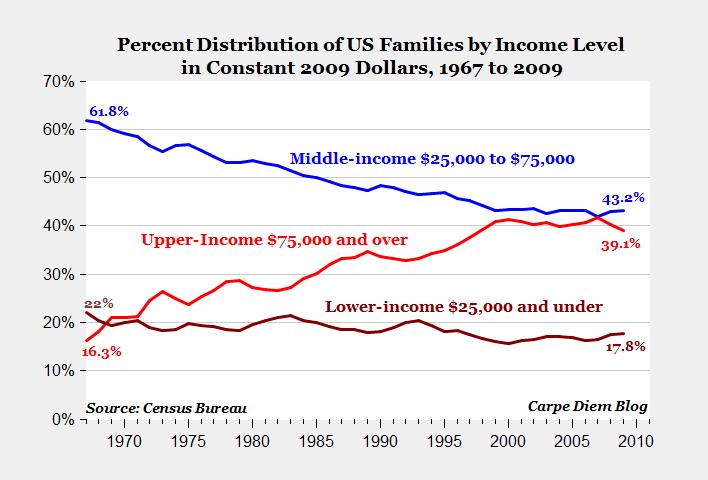Power Raid
We Exist To Win Premierships
There are issues with both the left and the right.
But the difference is that the left is driven by empathy, which is the tool that drives great design. What I mean there is that it is now understood that designers in all fields strive for empathy to then understand need and design for it.
So for me I am a lefty. It doesn't mean I don't acknowledge the pain points with it. But you need to ask yourself are you for 'getting better' as a society or being arrogant and standing still.
you're right re issues with both sides....however...
empathy? there is a choice of thinking with the heart or the head. one is about as useful as thinking with your dick. it feels good but rarely delivers positive long term results.
unions use the heart to align interests of the masses by using language and rhetoric to mobilise the ignorant. In fact both sides use this as they know more people are motivated by fear than success.....that's why there are less people who are successful as the majority focus on the negative.
the reality is, any sustainable success is delivered by hard work and thinking. other than your mums tit, nothing is delivered solely by empathy.
Personally, I would advocate more to use their brains







